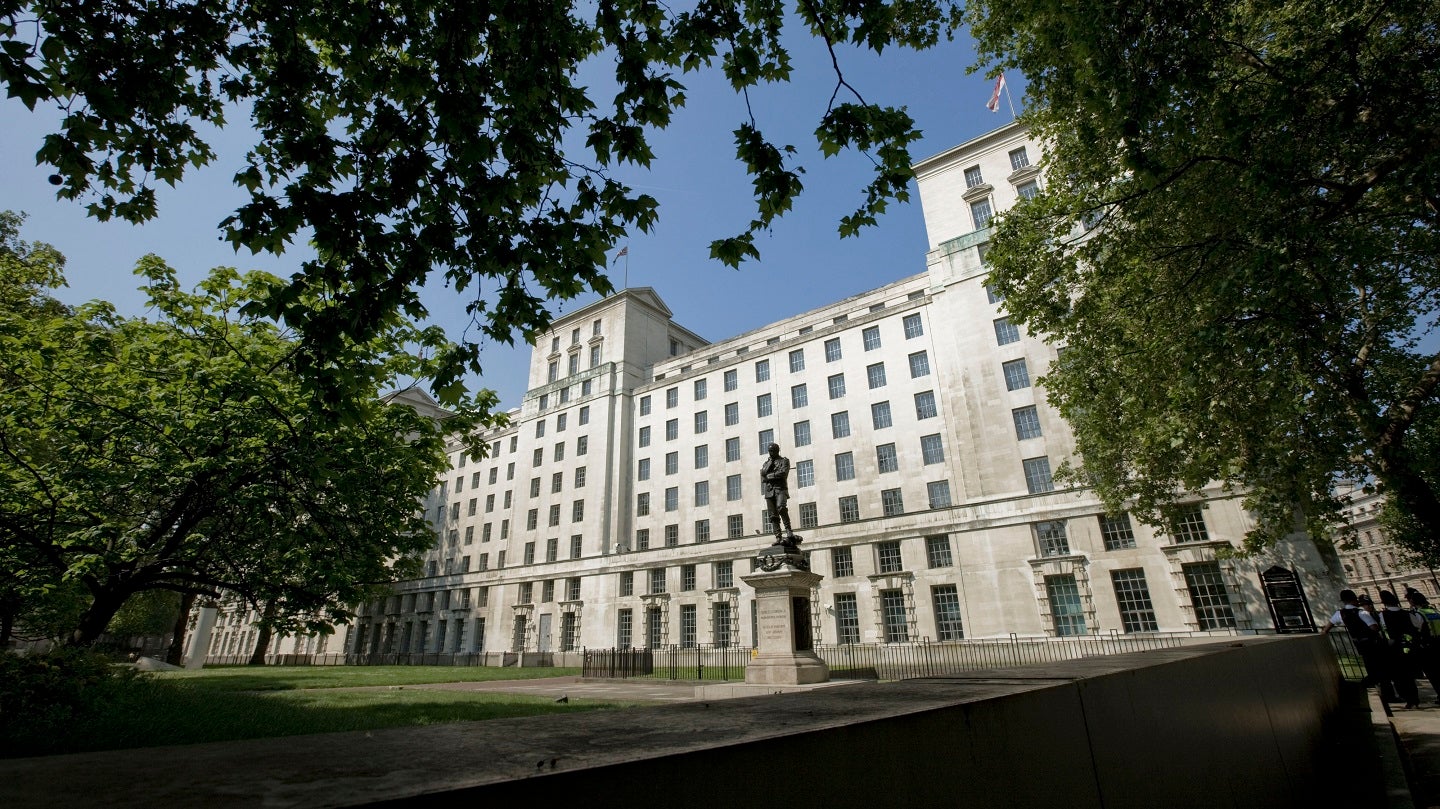
The UK’s Defence and Security Accelerator (DASA) and Defence Science and Technology Laboratory have launched a new defence space programme aimed at the development of technologies to aid the country’s defence and security operations in the domain.
Dubbed the Charlie Drop of the Space to Innovate Campaign, DASA has committed up to £1.5m in funding for the programme and follows on from the Alpha and Bravo Drops in uncovering intelligence, surveillance, and reconnaissance (ISR) solutions for the defence space sector.
According to a 17 May release DASA expects to fund between three and 12 proposals over a 24-month period, with a deadline for submission entry by industry of 12 July.
Proposals will be focused on three ‘Challenges Areas’, with the first looking for technologies that can achieve fine resolution imaging for space based ISR and Earth observation, particularly from non-Low Earth Orbit.
Challenge Area 2 will explore alert methods to provide warning of threats, and types of threats to critical defence and security assets in space. Finally, Challenge Area 3 will develop technologies for satellite platforms and ground segments of relevance to defence and security applications.
Space becoming a leading UK concern
The UK ‘s focus on space-based capabilities has been brought to the fore of military development in recent years as rival powers such as Russia and China seek to exploit the domain for defence purposes.

US Tariffs are shifting - will you react or anticipate?
Don’t let policy changes catch you off guard. Stay proactive with real-time data and expert analysis.
By GlobalDataIn 2021, Nato designated space as a contested domain, with its Article 5 pact of mutual self defence being made applicable for aggressive actions in space.
The UK’s Space Command was opened in 2021, tasked with overseeing the operation of existing space-based defence capabilities, such as the Skynet spy satellite constellation, and is also exploring how the civil and commercial space sectors can contribute to the country’s security demands.
In 2021 Airbus Defence and Space was awarded a contract to build the deliver the fifth iteration of the UK’s Skynet constellation, which will comprise of four satellites that will manage space-based military communications.
The threat of rivals such as Russia interdicting satellites is also driving the UK Ministry of Defence to explore ways in which to develop early-warning systems to help detect, and potentially deter, hostile action.



